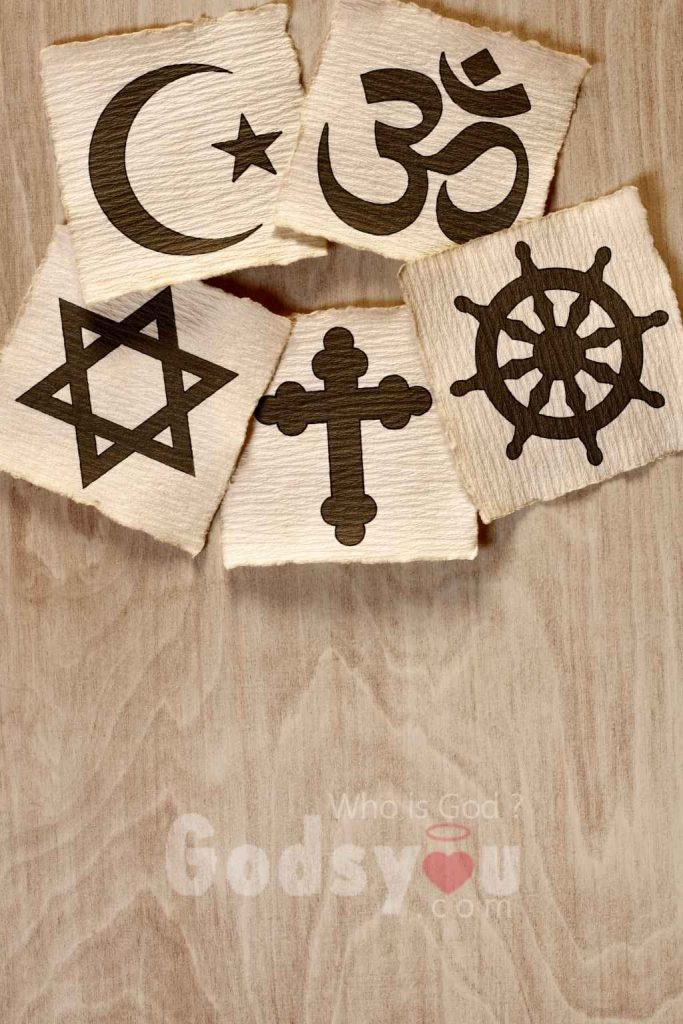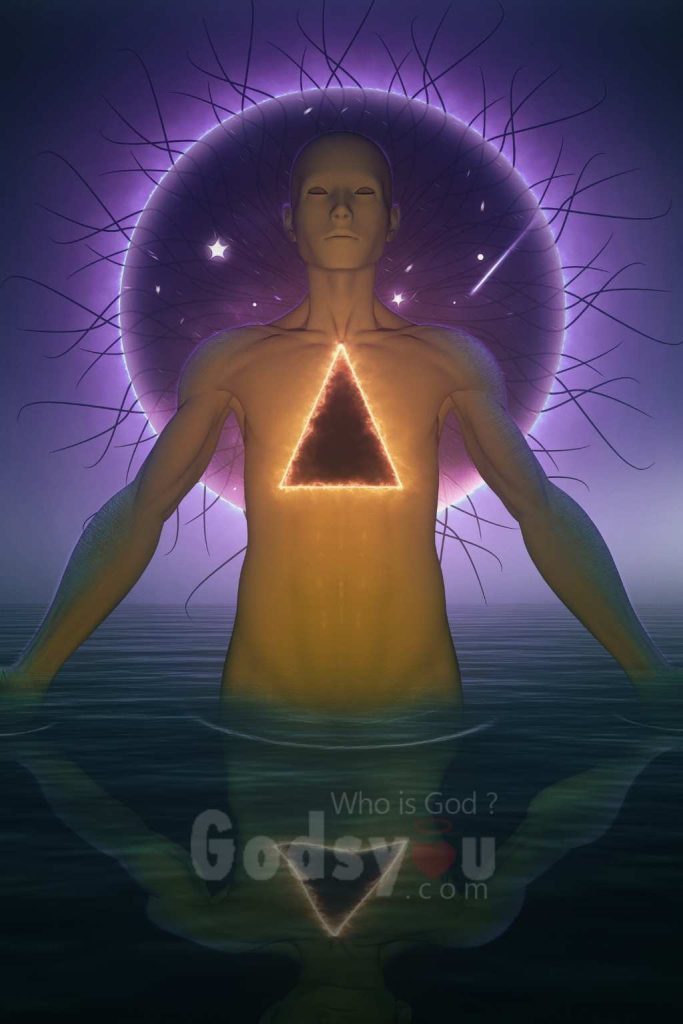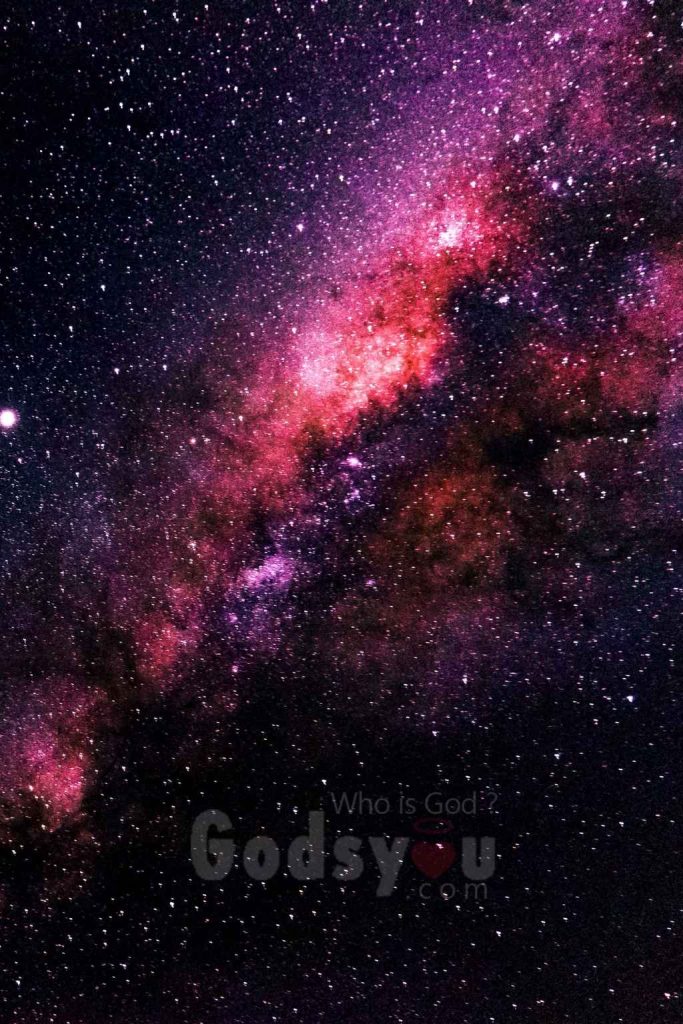Introduction: Unboxing the Divine
To ask, “Is God religious?” is like asking, “Is the ocean wet?” While it may sound logical on the surface, it reveals a misunderstanding of the nature of the subject. God — in most spiritual traditions — is understood as the source, the eternal presence, the divine intelligence. Religion, on the other hand, is a human-made framework designed to interpret, understand, and connect with that divine presence. So when we say “religions made God religious,” we are acknowledging the fact that humans projected structure, titles, rituals, and doctrines onto something far beyond such limitations.
The Origins of Religion: The Human Need for Structure

Religion began as a means to organize spiritual experiences. Early humans encountered something they could not explain — awe, beauty, fear, transcendence — and they created rituals and myths to engage with that mystery. Over time, these rituals became systems, and those systems became religions.
But God was never confined to temples, robes, or scriptures. Long before doctrines were written or denominations created, the Divine was already present — in the stars, the rivers, the birth of a child, and the quiet moments of wonder.
God Transcends Labels
God is not Christian, Muslim, Hindu, Buddhist, or Jewish. These are names we gave to different ways of understanding the Divine. A sunrise shines on everyone — believer or atheist, saint or sinner. So does divine grace. God, if we truly believe in an omnipresent creator, cannot be confined to a single religious label. Religion may be a pathway, but God is the destination — and many paths can lead to the same summit.
When Religions Claimed Ownership
Somewhere along the way, religions began to act as if they owned God. “Our God is the true God,” they claimed. This led to exclusion, division, and even war — all in the name of a being who, in essence, is love, compassion, and unity.
By creating rules about who God loves, who is allowed access, and what rituals must be followed, religions inadvertently made God “religious.” But just as the moon is not owned by any telescope, the Divine is not the property of any religion.
Spirituality: The Universal Language

Spirituality, unlike religion, is often described as a direct personal connection to the Divine. It doesn’t require intermediaries, institutions, or titles. It’s a whisper to God in the middle of the night, a tear shed in surrender, or a moment of gratitude that needs no language.
Where religion is organized belief, spirituality is lived experience. And in that space — where hearts speak without doctrine — we find the God that existed before religion began.
God in All Things
God reveals Himself/Herself/Itself in nature, in children, in acts of kindness, in silence, and even in suffering. You don’t have to enter a building to find God. In fact, some of the most profound experiences of the Divine happen outside the walls of religion.
This doesn’t mean religion is bad. Religion can be beautiful, comforting, and deeply transformational. It becomes problematic only when it claims a monopoly over God.
Conclusion: Beyond Religion, Into Relationship

So, is God religious? No. But humans are — and we’ve clothed God in our robes, assigned Him to our books, and claimed Him for our tribe.
Maybe it’s time we undress our expectations and simply meet God as He truly is — not religious, but relational. Not confined, but infinite. Not owned, but shared.
Let’s stop making God religious. Let’s start making space for God to just be.
FAQs:
1. If God isn’t religious, why do we have so many religions?
Religions were created by humans to explain, interpret, and connect with spiritual truths. They reflect cultural, historical, and philosophical perspectives, not necessarily the full nature of the Divine.
2. Is it wrong to follow a religion?
Not at all. Religion can offer community, guidance, and meaning. The key is to ensure your faith connects you to God, not just to a set of rules or identity.
3. Can I be spiritual without being religious?
Yes. Many people consider themselves spiritual but not religious, seeking a direct and personal relationship with God without adhering to formal doctrines or practices.
4. Does God favor one religion over another?
If God is love, then favoritism contradicts divine nature. Most spiritual teachers, including Jesus, Buddha, and Rumi, spoke of inclusive, universal truths.
5. What happens when religion becomes more important than God?
It becomes idolatry. When the system becomes more sacred than the Divine it was created to honor, it can lead to exclusion, judgment, and spiritual emptiness.







